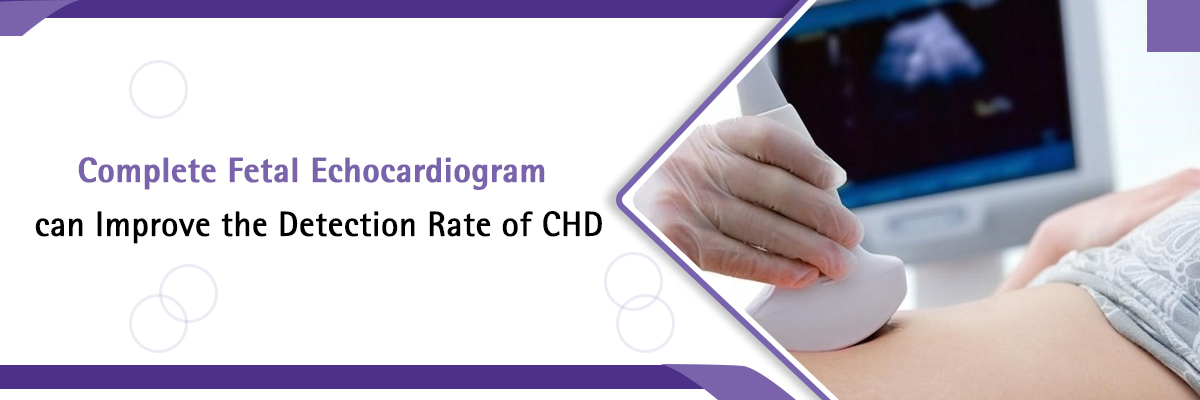
 IJCP Editorial Team
IJCP Editorial Team
Complete Fetal Echocardiogram can Improve the Detection Rate of CHD
Congenital heart disease (CHD) is a serious and the most common birth defect; it affects 6-8% of all live births. Newborns with major CHD require a surgical procedure at a very early age, as many develop critical complications immediately after birth. Prenatal diagnosis of CHD offers advantages of overall newborn survival and far-reaching benefits and is essential for early detection to improve prognoses.
It is thus imperative to include prenatal screening for CHD in routine obstetric examination, formulate guidelines for ultrasound examinations, and make fetal echocardiograms accessible.
However, prenatal screening and diagnostic measures are not widely accepted, and compliance is influenced by socioeconomic factors, especially in cases where advanced imaging techniques are involved.
Complete fetal echocardiogram is a newer diagnostic modality that serves as an adjunct to the existing techniques for detecting CHD in newborns and improving newborn and child survival.
Source: World Journal of Gynecology & Women’s Health. 2022; 5(5). Doi: 10.33552/WJGWH.2022.05.000625

IJCP Editorial Team
Comprising seasoned professionals and experts from the medical field, the IJCP editorial team is dedicated to delivering timely and accurate content and thriving to provide attention-grabbing information for the readers. What sets them apart are their diverse expertise, spanning academia, research, and clinical practice, and their dedication to upholding the highest standards of quality and integrity. With a wealth of experience and a commitment to excellence, the IJCP editorial team strives to provide valuable perspectives, the latest trends, and in-depth analyses across various medical domains, all in a way that keeps you interested and engaged.





















Please login to comment on this article